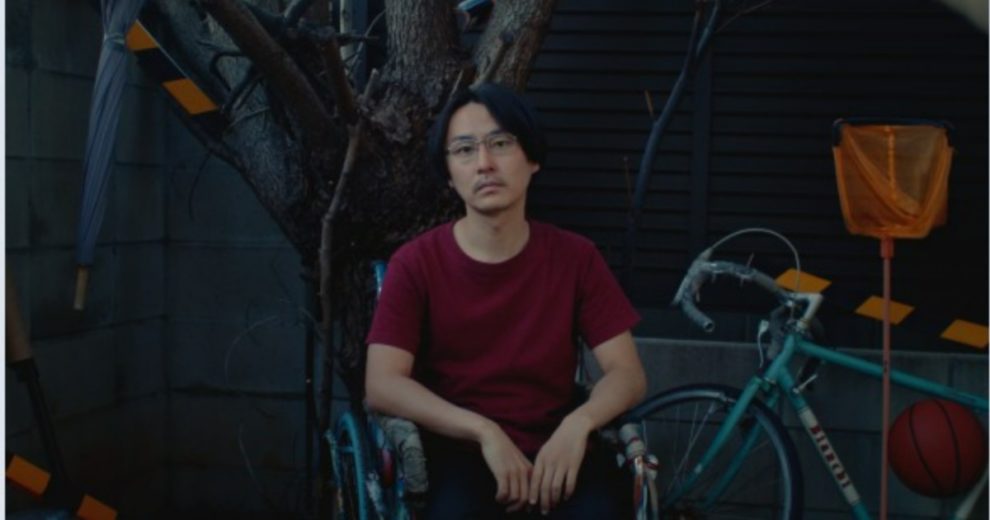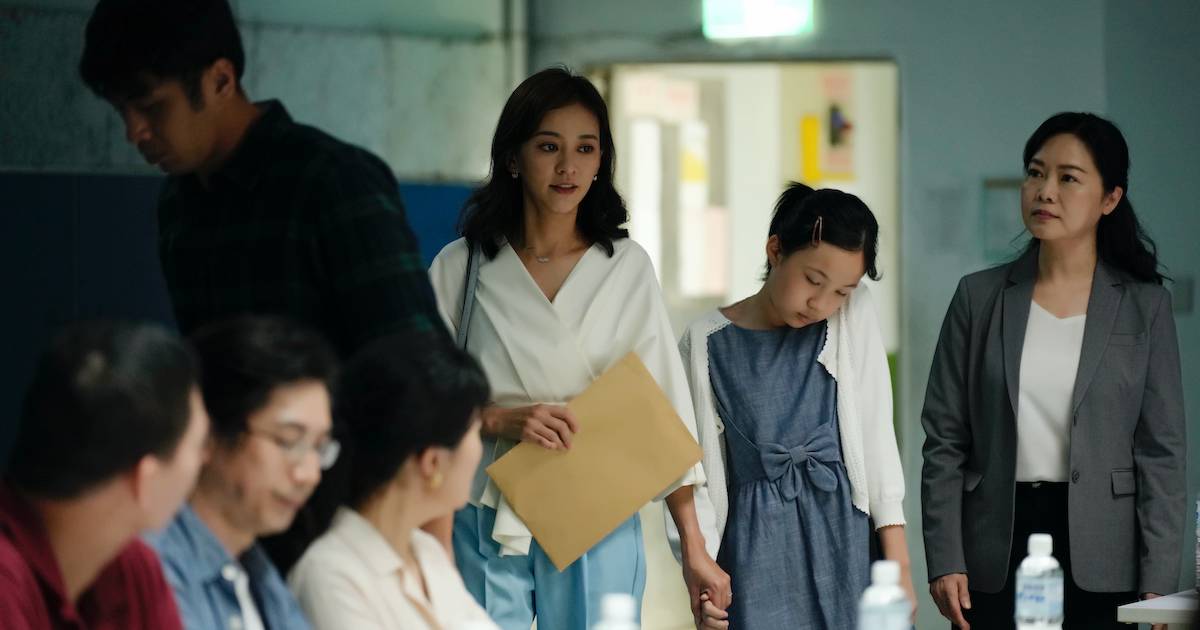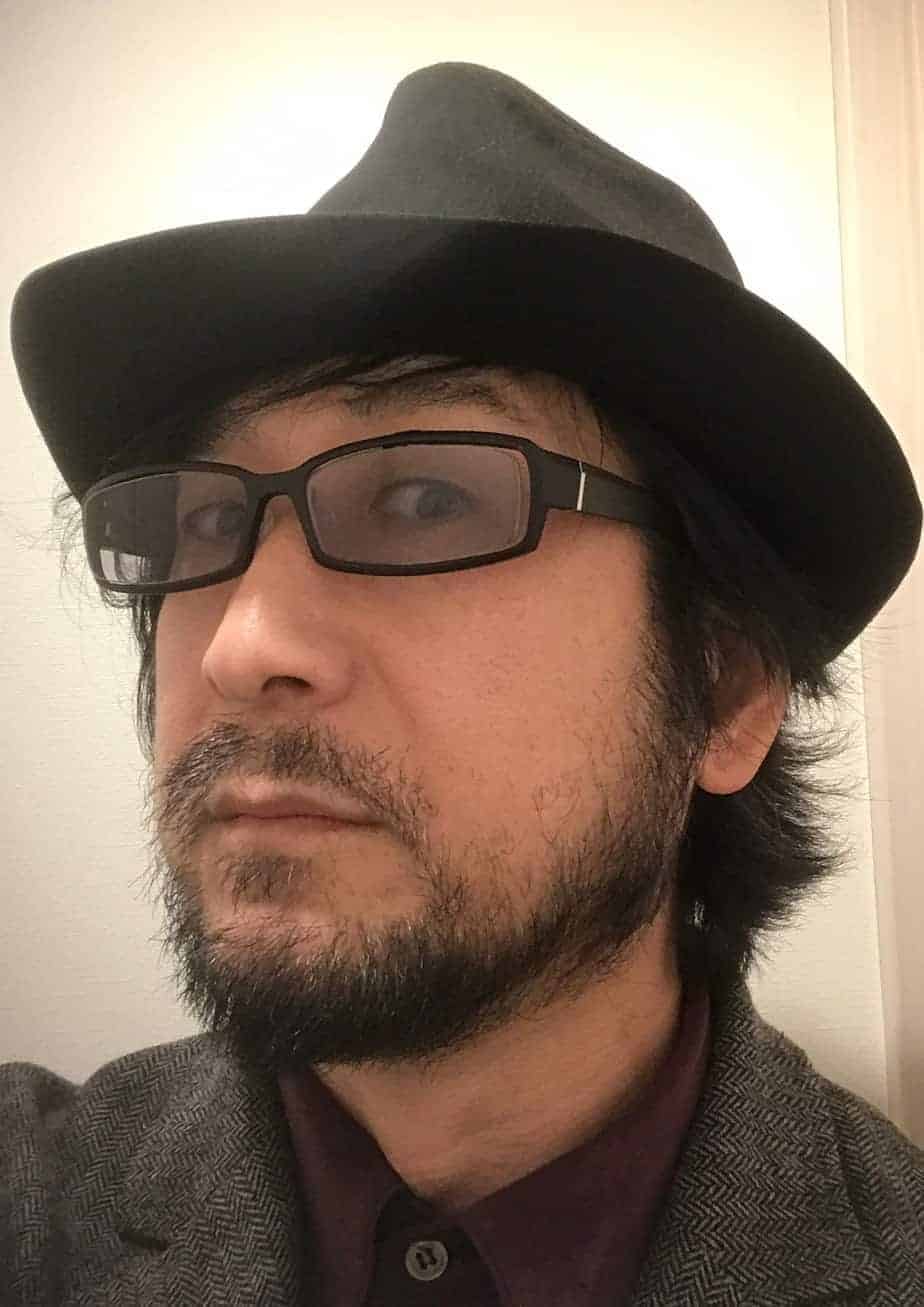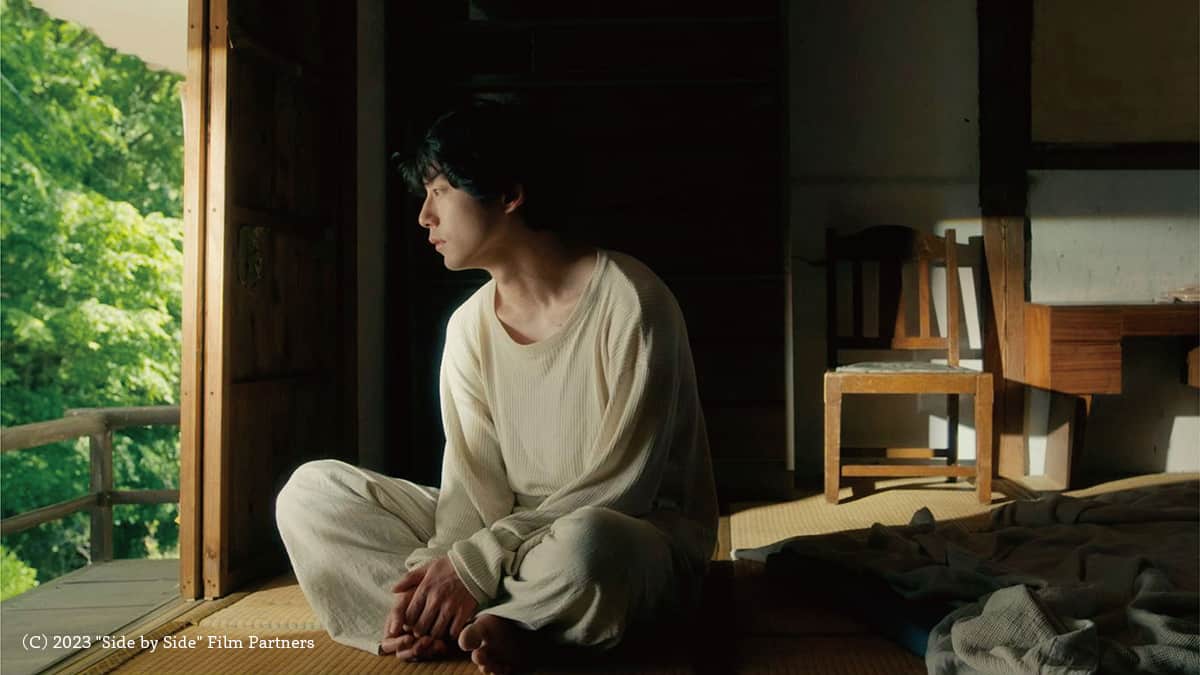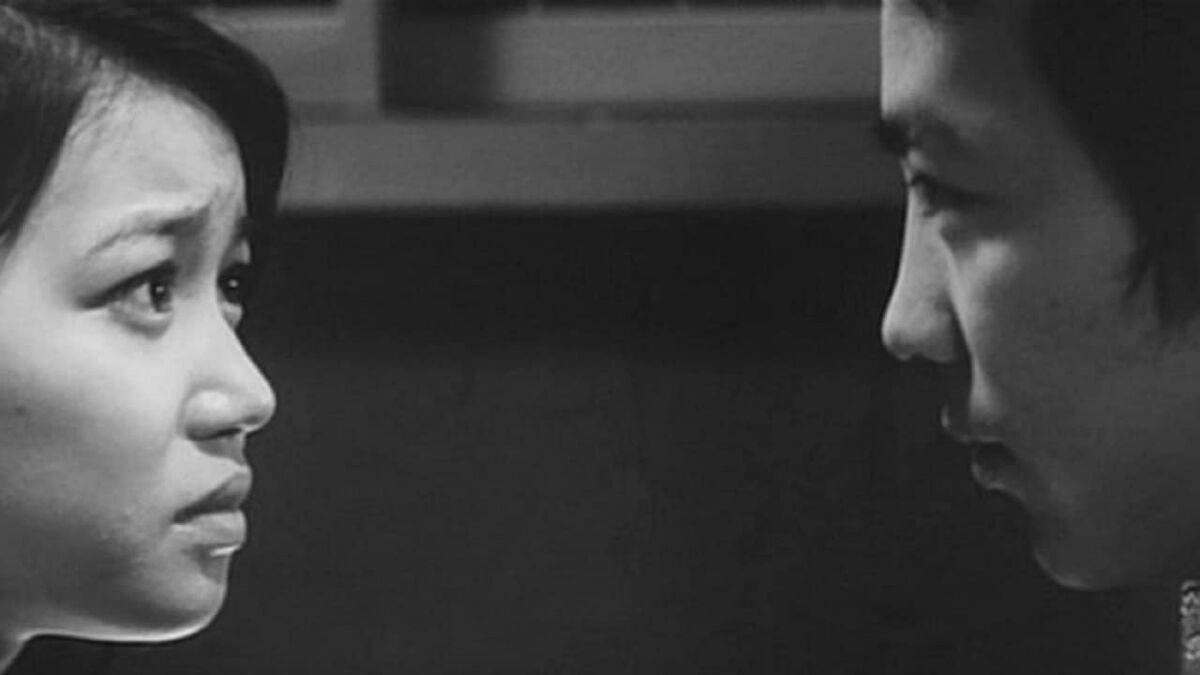Shunnosuke Iwata was born in 1988 in Nagoya. He is active in film production, music videos, videography, and corporate promotion videos. He is also actively involved in community-based filmmaking.
On the occasion of his movie “Switchback” screening at Osaka Asian Film Festival, we speak with him about directing the film for the commemoration of the 50th anniversary of Obu's founding, the casting of locals and the city in general, Takashi Irie, the Japanese movie industry and other topics.
Switchback screened at Osaka Asian Film Festival
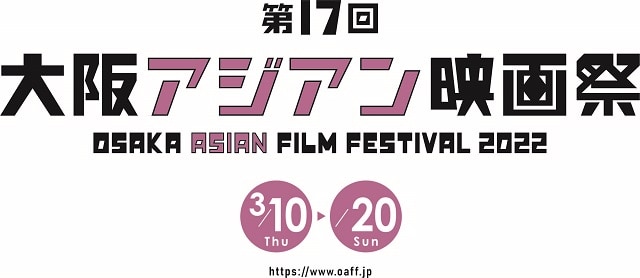
Can you give us some info on your work as a videographer and director of music videos?
Almost all the production process including shooting is done by myself. As a videographer, I also participate in artist-in-residence documents and videos about art for people with disabilities.
As a music video director, I like works that have experimental expressions and concepts, and I often use liquids as motifs.
How did you end up directing the film for the commemoration of the 50th anniversary of Obu's founding? Were there any restrictions in what you could shoot?
I investigated what kind of people live in the city. As you take a leisurely stroll around the city, you will gradually see the city. I started writing scripts focusing on what has already been lost from the city, what will be lost, and what will nurture the future. There were no restrictions on shooting, and we received a lot of cooperation from the citizens.
What was the inspiration behind the story of the movie and why does the title refer to switchbacks?
I was interested in depicting the process of division of a small community. So everything that is happening in the real world is inspirational.
The title “Switchback” is inspired by the railroad tracks used during the war to transport materials to Ofu Airfield. Switchback is a way for trains to climb slopes. Accumulating force to climb a slope is the providence of a gravitational world. In other words, “switchback” is an objection to “fiction” in which the ball runs up the slope by itself, and emphasizes the necessity of spending time to climb the slope. It's also an antithesis to the real world that seems to be competing for how to profit at low cost, efficiently and in the shortest distance.

How would you describe the city to someone who has not been there? Are there many foreigners living there? Are their lives easy?
It is a well-balanced and comfortable city where many people live. The automobile manufacturing industry is thriving and many foreigners are also engaged, about 3000 foreigners live in it. Their lives do not seem to be wealthy, but they do not look unhappy, they are full of energy to live.
But the future options for the child generation do not seem to be many.
How was the casting process for the film like, and how was your cooperation with the young protagonists? Do you think that any of them will pursue an acting career in the future?
We assumed four people, a man and a woman from a foreign family and a man and a woman from a Japanese family. Arham Butt showed amazing concentration, but everyone exhibited mental and physical growth in about 6 months of filming. I don't know what future they will choose, but I hope they continue acting.
How did Takashi Irie end up being in the movie, and how was your cooperation with him?
He was cast by producer Takuma Tsuji, he wanted to work with Takashi Irie. I also wanted to get the help of a veteran actor because it's a role of complicated setting. In the final scene, he exhibited a powerful performance that advanced the movie.
How was your cooperation with Tomoki Yamakawa for the cinematography of the film? Can you give us some more details about the way you implemented the drone shots? In general, what was your purpose in the visual aspect of the film?
Tomoki Yamakawa is also a movie director, so we were able to cooperate smoothly. He has a great sense of capturing movement. There was only one drone shot in the movie, the line of sight of an airplane that was once flying.
Apart from the visuals that make use of the location, I was conscious of recording the changing “faces” of children as materials, and it can be said that this accumulation is the biggest value of this movie.
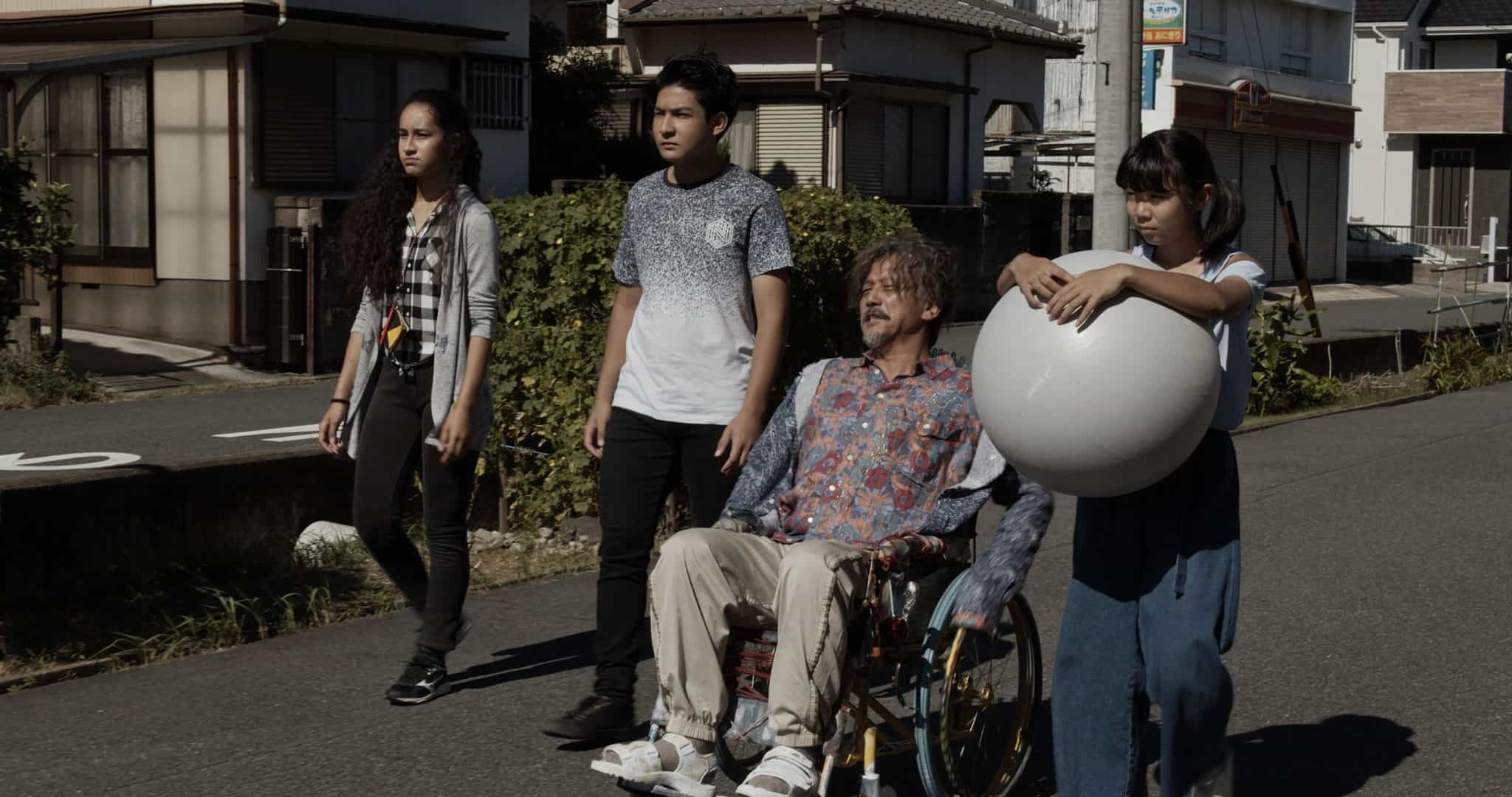
What is your opinion of the Japanese movie industry at the moment?
I don't belong to the mainstream of Japanese cinema, so I don't know the actual situation, but Japanese movies are closer to the expressions of manga and anime. Neither the creators nor the audience can afford to accept new expressions. In short independent films, only similar works stand out, and there are many stories that have nothing to do with the real world.
Are you working on anything new at the moment?
We are planning a work that can capture this complicated world with the themes of “work” and “life”.


